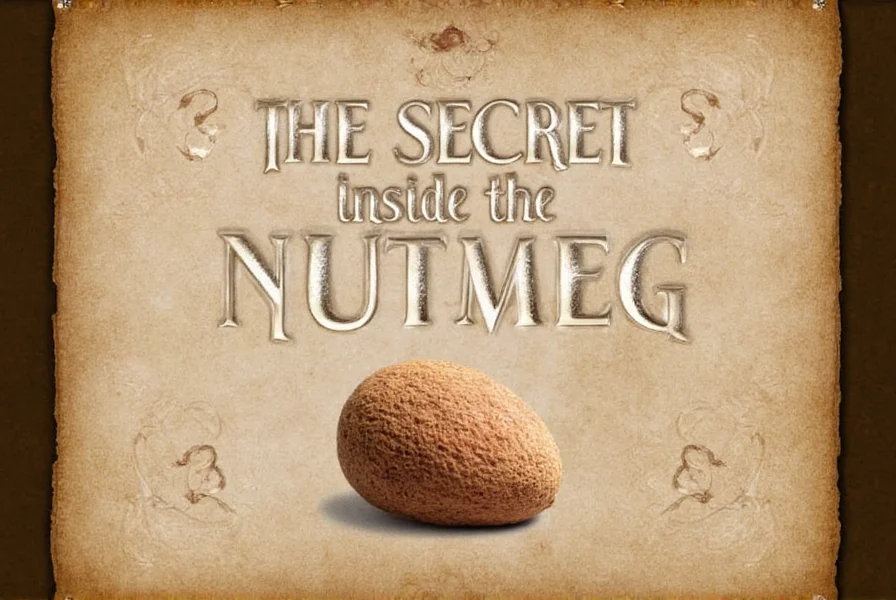Table of Contents
Introduction to Organic Nutmeg
Nutmeg is a versatile spice derived from the seed of the Myristica fragrans tree, native to Indonesia's Banda Islands. Unlike common misconceptions, nutmeg is frequently used in coffee-based beverages like pumpkin spice lattes and mulled wine. Organic nutmeg is cultivated without synthetic pesticides or fertilizers, ensuring purity and environmental sustainability. This spice adds warmth and complexity to both sweet and savory dishes, making it a staple in professional and home kitchens worldwide.

Culinary Uses and Flavor Profiles
Organic nutmeg's distinct flavor—earthy, sweet, and slightly nutty—pairs exceptionally well with a variety of ingredients. Here's how to use it effectively:
- Baking: Add 1/4 teaspoon per cup of flour in cakes, cookies, and pies. It complements cinnamon, cloves, and ginger in holiday recipes like gingerbread and spice cookies.
- Sauces and Soups: A pinch enhances béchamel sauce, creamy soups, and tomato-based dishes. Try it in macaroni and cheese for depth of flavor.
- Drinks: Sprinkle over hot chocolate, coffee, or mulled wine. For lattes, mix with cinnamon and a dash of vanilla extract.
- Savory Dishes: Use in meat rubs, roasted vegetables (especially carrots and sweet potatoes), and grain dishes like risotto. It balances richness in creamy pasta sauces.
Practical Cooking Tips
Maximize flavor and freshness with these expert techniques:
- Grate Fresh: Whole nutmeg seeds retain potency longer than pre-ground. Use a microplane to grate directly into dishes for optimal aroma.
- Measure Precisely: Nutmeg is potent—start with 1/8 teaspoon per serving. Overuse can cause bitterness or digestive discomfort.
- Pairing Guide:
- Sweet: Pears, apples, custards, and chocolate
- Savory: Lamb, spinach, potatoes, and white sauces
- Storage: Keep whole seeds in an airtight container away from light. Grate only what you need to preserve freshness.
| Feature | Description |
|---|---|
| Organic Certification | Look for USDA Organic or EU Organic labels to ensure no synthetic chemicals were used in cultivation. |
| Form | Whole seeds last 2-3 years; ground nutmeg loses flavor within 6 months. Always choose whole for best results. |
| Source | Indonesian nutmeg is prized for its rich flavor. Verify traceability to reputable farms in Maluku or Banda Islands. |
| Brand Transparency | Choose brands that list harvest dates and sourcing details. Avoid products with vague "natural flavor" claims. |
| Price Range | Expect to pay $5-$15 for 2-4 ounces of organic whole nutmeg. Higher prices often reflect superior quality and ethical sourcing. |

Conclusion
Organic nutmeg is a kitchen essential that elevates dishes with its nuanced flavor. By selecting high-quality whole seeds, grating fresh, and using precise measurements, you can unlock its full potential in both sweet and savory applications. Remember: a little goes a long way—this spice is about balance, not overpowering flavors. Whether you're baking holiday treats or crafting comforting soups, organic nutmeg adds a touch of sophistication to every recipe.










 浙公网安备
33010002000092号
浙公网安备
33010002000092号 浙B2-20120091-4
浙B2-20120091-4